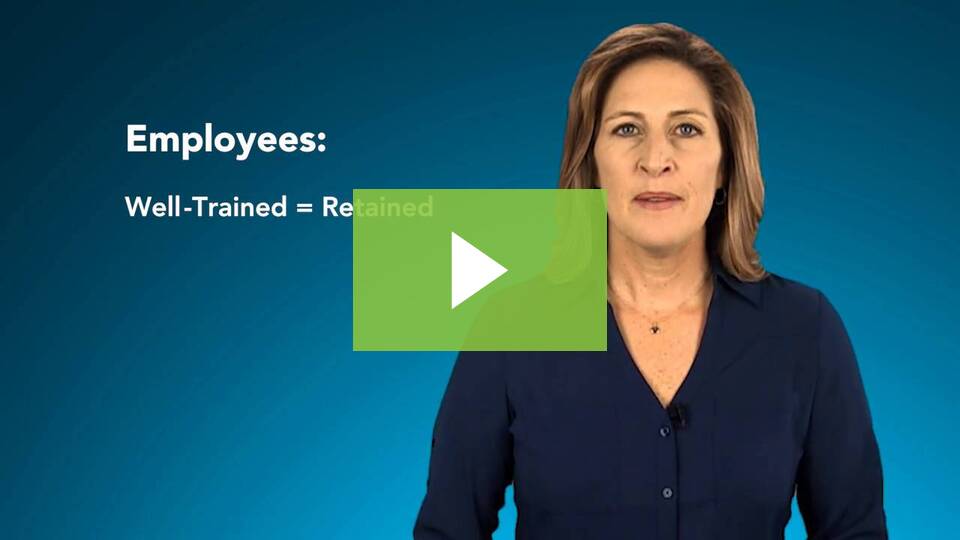The Impact of Biden's Competition Executive Order on the Health Care Industry
|
|

The American economy is finally recovering after more than a year of stagnation due to the COVID-19 pandemic. President Joe Biden’s administration wants to continue this momentum and further stimulate the economy. To help in that effort, President Biden recently signed an executive order aimed at increasing competition among businesses.
According to the White House, the order was designed to “promote competition in the American economy, which will lower prices for families, increase wages for workers, and promote innovation and even faster economic growth.”
The Biden administration notes that corporate consolidation has been accelerating for many years, leaving the majority of industries in the hands of only a few entities. The administration points to this trend as the main reason for slow wage growth and rising consumer prices. This latest executive order intends to reverse these effects.
All in all, the executive order includes 72 initiatives by more than a dozen federal agencies to help address competition inequality.
Health Care Impact
The executive order addresses competition in health care in four main areas:
- Prescription drugs: The executive order directs the Food and Drug Administration to work with states and tribes to safely import prescription drugs from Canada, where drugs are less expensive. It also directs the Health and Human Services (HHS) Administration to increase support for generic and biosimilar drugs. Additionally, the order encourages the FTC to ban “pay for delay” and similar agreements.
- Hearing aids: The executive order directs the HHS to consider issuing proposed rules within 120 days for allowing hearing aids to be sold over the counter.
- Hospitals: The executive order directs the FTC to review and revise its merger guidelines to ensure hospital mergers do not harm patients. Additionally, the order directs the HHS to support existing hospital price transparency rules and finish implementing bipartisan federal legislation to address surprise hospital billing.
- Health insurance: The executive order directs the HHS to standardize plan options in the National Health Insurance Marketplace so people can comparison shop more easily.
Summary
The executive order broadly addresses competition inequalities across market sectors, with a significant focus on health care. These proposed initiatives have the potential to help individuals and small businesses alike. However, it remains to be seen how all of these initiatives will play out, as executive orders are essentially a directive to federal agencies to revise their regulations. Employers should continue to monitor exactly how the executive order plays out.
|
|
Preventing Turnover Post-pandemic
|
|

Turnover is a common occurrence throughout any given year. However, during the COVID-19 pandemic, turnover rates fell dramatically. Now, a significant number of employees are unwilling to return to the status quo that was established pre-pandemic.
That’s a major reason why experts predict a “turnover tsunami” coming in the latter half of 2021.
What Employees Want Post-pandemic
Generally, workplace survey data from the past year illuminates some commonalities between worker desires across industries. The following are some of the most coveted changes workers are looking for post-pandemic:
- Flexible work options
- Protection from burnout
- Competitive compensation
Considerations for Employers
To stay ahead of these trends, employers will need to look inward toward their unique employee populations and determine what’s important to them. This inquiry may include surveying employees to learn about what they are looking for. To help meet the demands of a workforce, employers can consider implementing changes, such as:
- Providing remote or hybrid working arrangements
- Providing flexible scheduling options
- Adopting or expanding employee assistance programs to help with mental health and burnout
- Increasing compensation or bonuses
- Having managers meet more frequently with employees to discuss challenges and concerns openly
Each organization is unique, and its employees may have varying opinions about what they value.
|
|
Proposed Rule Would Update Benefit and Payment Parameters for 2022
|
|

On July 1, 2021, the Department of Health and Human Services (HHS) published a proposed rule that would revise several benefit and payment parameters under the ACA for the 2022 benefit year. While many of the proposed changes primarily impact insurers and Exchanges, some provisions may affect employers.
- The rule proposes to repeal the Exchange direct enrollment option, which establishes a process for Exchanges to work directly with issuers, agents and brokers to operate enrollment websites through which consumers can apply for coverage, receive an eligibility determination and purchase a qualified health plan.
- For the 2022 coverage year and beyond, the rule proposes to lengthen the annual open enrollment period for coverage through all Exchanges to Nov. 1 through Jan. 15. The current annual open enrollment period runs Nov. 1 through Dec. 15.
- The rule proposes modifications to the Section 1332 State Innovation Waiver process, including changes to many of the policies and interpretations of the guardrails recently issued in the 2022 Notice of Benefit and Payment Parameters, which provided more flexibility for states to apply for waivers from certain ACA provisions.
|
|
Retain Employees Through Training
|
|
With the daily demands of keeping a workplace productive and profitable, many managers may overlook one simple perk that has been proven to boost employee retention: professional training. Learn how to use training as a tool to retain your top employees by watching the video below.

For additional HR guidance, visit our Human Resources section.
|
|
|
|